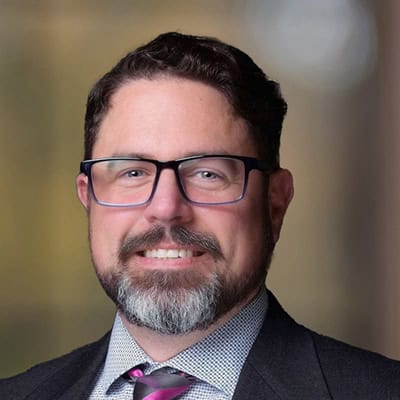Separate Property in a Defunct Marriage
What happens if someone is married, but separated when they die?
As a general rule, all assets acquired before a marriage are separate property and all assets acquired during a marriage are community property. This includes wages a person earns. There is an exception to the rule for unmarried people living in a “committed intimate relationship,” but there is also an exception for married people who are separated. RCW 26.16.140 states:
“When spouses or domestic partners are living separate and apart, their respective earnings and accumulations shall be the separate property of each.”
It is not a surprise that a Washington State Supreme Court case interpreting this statute involved a surviving spouse’s claims to life insurance proceeds from the death of her husband. In Aetna Life Ins. Co. v. Bunt (1988) the Supreme Court consolidated and summarized the law regarding community property claims of married, but separated people. The case involved claims on a life insurance policy by a surviving spouse, but where the parties had been separated for 11 months and had filed for divorce. The Court held that “The law distinguishes between a ‘marital’ and a ‘community’ relationship. The latter concept encompassing more than mere satisfaction of the legal requirements of marriage… When there is no ‘community’ there can be no community property.” The Court then synthesized three cases to hold that “While mere physical separation does not dissolve the community, it is not necessary for the operation of RCW 26.16.140 that a dissolution action be final or even pending. Rather, this statute applies for those marriages that are for all practical purposes ‘defunct’.”
Courts have held that a marriage is defunct when both spouses demonstrate that the marriage is over. (In re Parentage of G.W.-F (2012)) The conduct must be on behalf of both spouses. A committed intimate relationship can end with conduct showing that one party no longer wants to be in a CIR, but for RCW 26.16.140 to apply, it takes actions by both parties. RCW 26.16.140 cannot be applied where one party lacks capacity to willfully exhibit conduct evidencing a defunct marriage.
The classification of assets as separate property after the marriage is defunct does not apply to assets acquired during the phase of the marriage before it was defunct. A savvy reader may have asked if community property income was used to pay the premiums on the life insurance policy in the Bunt case above. The surviving spouse did not enter any evidence as to the source of the funds used to pay the premiums, but the Court probably would have considered the case differently if she had presented evidence that community property assets paid the premiums.
The facts of Seizer v. Sessions (1996) are drawn straight from daytime television. Mr. Sessions and his third wife bought a lottery ticket in 1989. Mr. Sessions claimed the prize of $2.5 million dollars. The prize was paid as an annuity to him for 20 years. He died two years later and his first wife, who he was still married to, made a claim on the money. Mr. Sessions and his first wife lived in Texas and were married in Texas. Mr. Sessions left his first wife when she became incapacitated, and they had no contact for over 40 years. The suit was brought by her daughter on her behalf. In a long decision considering the applicability of Texas and Washington laws, including RCW 26.16.140, the Court summarized the policy intent of this Washington law. It said that community property is property obtained by the efforts of both spouses. Where a marriage is defunct, neither spouse contributes to the success or accumulation of assets by the other spouse. It would be clearer for a couple to file for legal separation, get a divorce or enter into a separate property agreement rather than live apart without clarity on future assets, but RCW 26.16.140 attempts to keep assets separate when the parties have decided to also keep themselves separate.
To learn more about Washington’s “Separate Property in a Defunct Marriage,” please contact Beresford Booth at info@beresfordlaw.com or by phone at (425) 776-4100.
